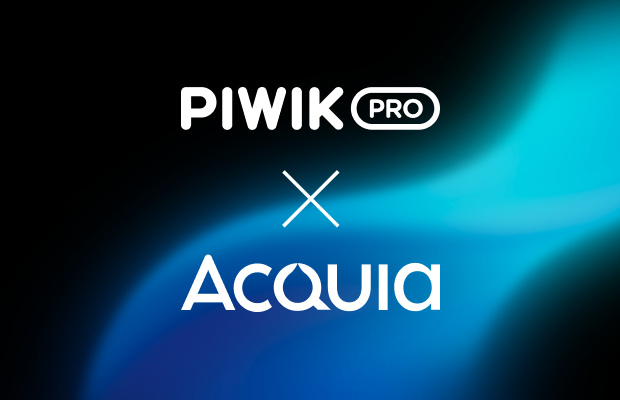Data anonymization is the use of one or more techniques designed to make it impossible to identify a particular individual from stored data related to them. That kind of data bring significant benefits to businesses collecting data since anonymous data is not personal data for the purposes of GDPR.
Anonymous data doesn’t require any additional safeguards to ensure its security. Among other things, this means that, you don’t need to get consent to process it and it can be exported internationally.
In terms of GDPR we can anonymize data such as:
- login details
- device IDs
- IP addresses
- cookies
- device type
- language preference
- time zones
Example methods of data anonymization:
- Noise Addition – example: height: 180 cm → height: 320 cm
- Aggregation – example: Age: 30 → Age: 20-35
- Substitution – example: : 10120 → ZIP: postcode
To get more details on data anonymization, read the Piwik PRO blog:










